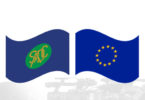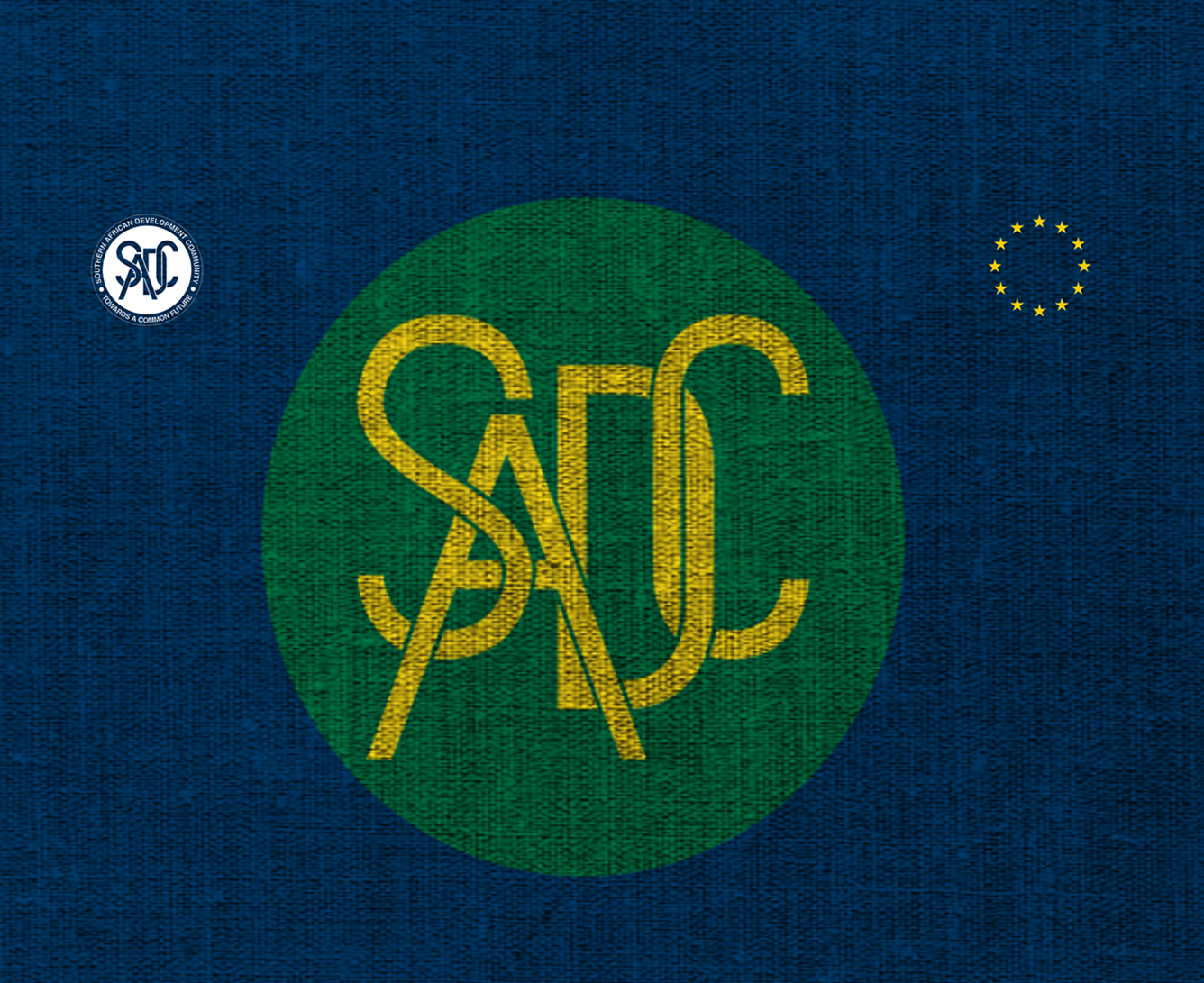by Bodwa Mbingo
The Southern African Development Community (SADC) – European Union (EU) Economic Partnership Agreement (EPA) is contributing money and benefits to Swaziland into two critical ways that are all connected to developing the country’s trade atmosphere.
Through the EPA, the EU has intervened in fostering the country’s private economic operators through direct investments and also supporting the country by development cooperation after having agreed to assist through financial and non-financial means towards the implementation of the EPA. This is an assertion by EU Ambassador to Swaziland Esmeralda Hernandez Aragones and Roberto Cecutti, the EU Directorate General for Trade.
The SADC–EU EPA encompasses six Southern African countries including Swaziland, Lesotho, South Africa, Mozambique, Namibia and Botswana.
Envelopes of money have been channelled to the regional programme under the SADC Secretariat, which in turn looks at how the EPA six member states, including Swaziland, can then benefit.
About E2.4 billion (€164 million) has been contributed in that regard with a large chunk coming through the Regional Indicative Programme 2014-2020 under Regional Economic Integration.
About E1.2 billion (€83 million) has been channelled to that regard with a chunk of €68 million arriving first and another €15 million for trade facilitation arriving recently following a mid-term review.
A further €18 million has been channelled towards regional industrialisation and value chain development while €63 million is for infrastructure, transport and energy.
The ambassador highlighted that there are obviously spillover effects for the country as the SADC Secretariat is the one that sees how the funds can best be used to directly benefit all the member countries.
The EU Ambassador also announced that Swaziland stands to directly receive up to €6 million for trade facilitation under the same EPA on top of the accruing benefits from the SADC Secretariat.
She said this sum, which could greatly assist in ensuring that the private sector and government maximise on available trade opportunities with the EU under the EPA, will only be released when the country has formulated a national strategy.
“The processing of a €6 million cash injection, which could greatly improve Swazi businesses’ access to exporting goods and services to the EU, purely rests on the formulation of an all-encompassing EPA trade facilitation strategy,” Aragones said in Mbabane this week, adding that the country ought to develop the strategy as soon as it feasibly could, to receive the grant which would ultimately enable Swazi businesses to be fully capacitated and well-resourced to take up the business opportunities availed through EPA.
She explained that there were no timelines attached to completion of the required national strategy, which should be fully embraced by the government.
However, she advised that it would be a wise decision to take advantage of the presented opportunity soonest since the funding programme was set for between 2014 and 2020.
“After 2020, the opportunity will be lost,” Aragones clarified.
The EU envoy explained that in the past, the country had received about US$3 million towards trade facilitation under EPA, while under the Southern African Development Community (SADC) EPA, the EU guaranteed Botswana, Lesotho, Mozambique, Namibia and Swaziland 100 per cent free access to the EU single market.
After more than 10 years of negotiations, the EU and six members of SADC successfully concluded talks on an economic partnership agreement (EPA). The EPA is a reciprocal trade agreement under the umbrella of the Cotonou Agreement, under which all parties commit to trade liberalisation but under which the SADC EPA countries can exempt sensitive products from liberalisation so as to take account of their level of development.
Civil society, private sector key to EPA implementation – EU Ambassador
European Union (EU) Ambassador to Swaziland Esmeralda Hernandez Aragones has underpinned the importance of the Swazi civil society, the private sector and government in the implementation of the EU EPA.
She said the EU mission led by Roberto Cecutti, the EU Directorate General for Trade that was in the country, had made it a point to meet all the important stakeholders, including the three, as they are the important pillar of the Swazi society. Aragones said they were all very important to the successful implementation of the economic partnership agreement. “It is important that we raise more awareness on the EPA Trade Policy Framework which binds the EU and the six SADC countries. This is an agreement amongst equals and partners who have rights and obligations that are the same. The EPA is development oriented with the Free Trade Agreement being asymmetrical and more advantageous to the SADC states. That was after their level of development when compared to the EU countries was carefully considered,” said Aragones.
The envoy further disclosed that the most sensitive products from the SADC countries are shielded from competition in the European market. She said the EPA comes with flexible rules of origin with added value chains within the region also encouraged amongst the member states.
Speaking on the National EPA Implementation Plan, the envoy urged Swazis to formulate one that will reflect their needs and values and come up with a strategy that will effectively mainstream the funds that are available. “You’re on the driving seat as Swazis and we were only here to assist you with ideas as the ownership of the strategy must come from you. The private sector, government and civil society must come together to see this through and that is why we have made it a point to engage everyone in policies, legislation that will integrate Swaziland in the region,” she stressed.
SD encouraged to diversify exports
The EU has encouraged the country to diversity the products it exports to the EU markets under the Economic Partnership Agreement.
EU Ambassador to Swaziland Esmeralda Hernandez Aragones said Swazis should be asking themselves if sugar is still a product that is developing decent jobs for the country and if this sector is still competitive when compared to other sectors from other countries.
She highlighted that by 2017, the country was exporting 70 per cent into the European market.
She said it is the EU’s wish to support economic diversification in the country if there is a wish to shift from sugar as it has been proven dangerous to have an economy largely based on the export of one product.
“It’s not up to us to dictate which other products Swaziland can export to the EU market.
While in the country we have noticed horticulture where the country has succulent fruits and good vegetables and this sector needs to be developed more.
There is also the issue of livestock where the country has healthy cows.
It is imperative to promote economic diversification and take advantage of your comparative advantages in the various sectors,” she said.




Leave a Comment